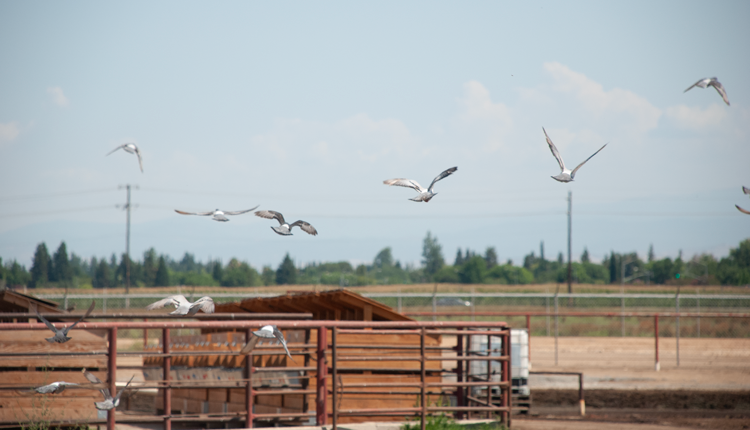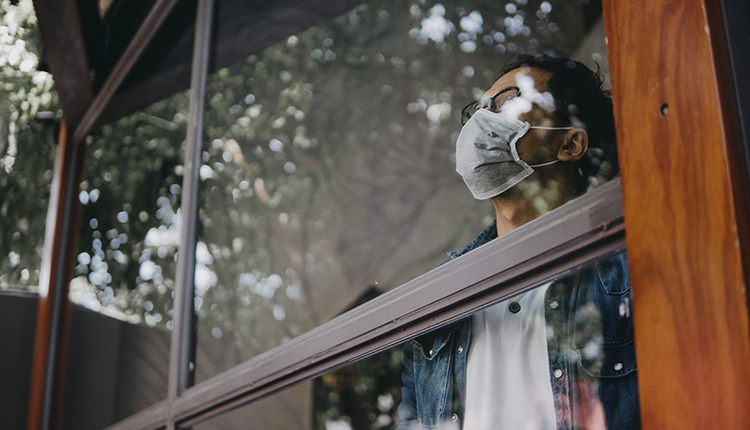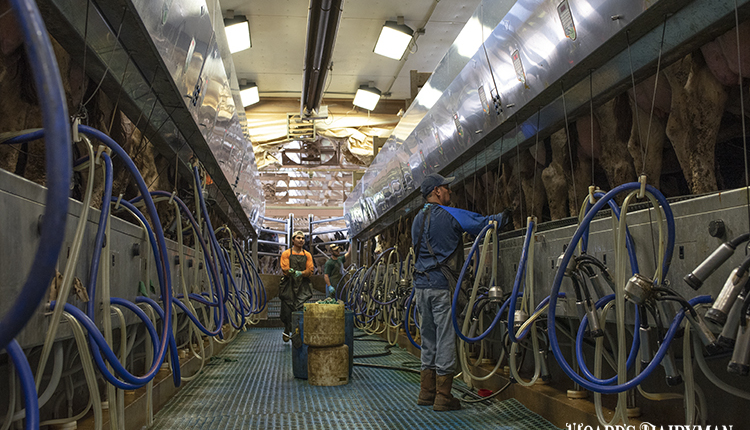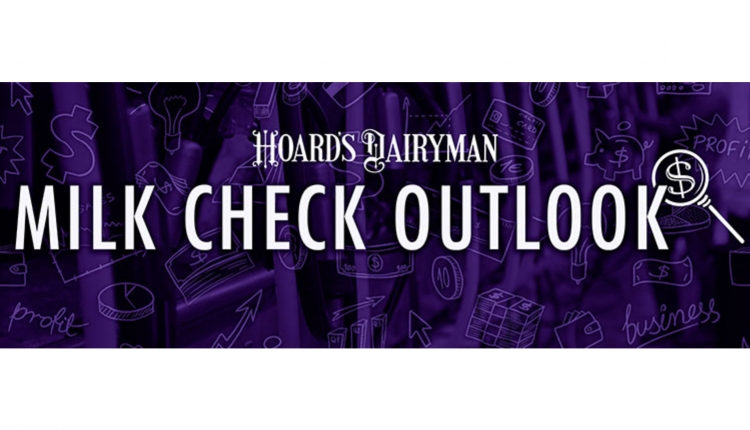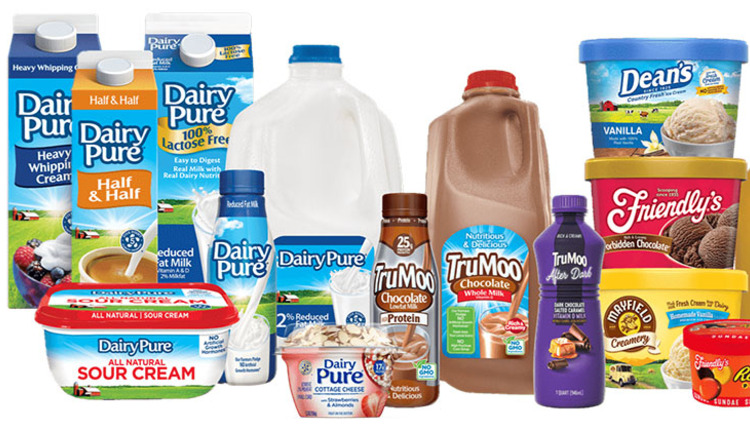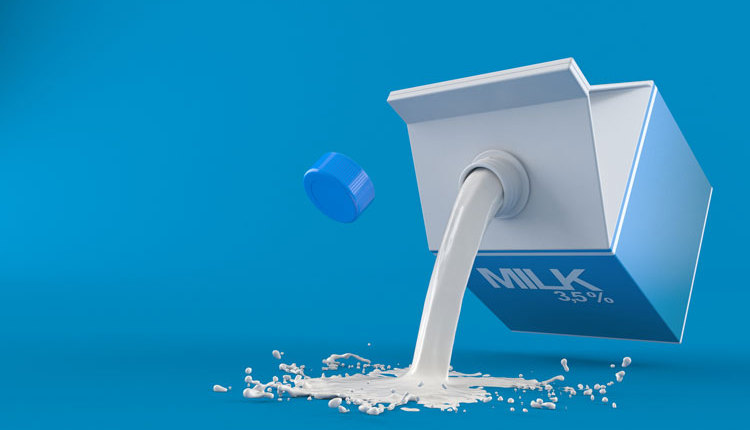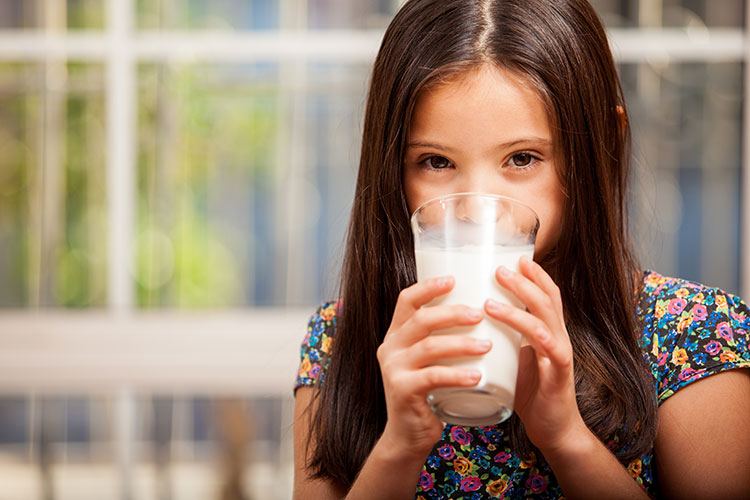
Vitamin D — it may strengthen the immune system, particularly for people who are vitamin D deficient.
Beverage milk is a major source of vitamin D. Due to the current high demand, some stores have limited purchases to 1 gallon per customer.
“Vitamin D supplementation reduces the risk of respiratory infection, regulates cytokine production, and can limit the risk of other viruses such as influenza,” wrote Tom Frieden, a medical doctor. Frieden isn’t just any medical doctor . . . he’s the former director of the U.S. Centers of Disease Control and Prevention (CDC) and the former commissioner of the New York City Health Department.
“Right now, we don’t know if vitamin D deficiency plays any role in the severity of COVID-19. But given the high prevalence of vitamin D deficiency in this country, it is safe to recommend that people get the proper daily dosage of vitamin D,” continued Frieden in his article Former CDC Chief Dr. Tom Frieden: Coronavirus infection may be reduced by Vitamin D.
Vitamin D deficiency in two out of five adults
“Higher COVID-19 mortality rates among older people and those with chronic conditions suggest that a weakened immune system contributes to poor outcomes,” continued Frieden. “There may be some crackpot claims about miracle cures floating around, but the science supports the possibility — although not the proof — that vitamin D may strengthen the immune system, particularly of people whose vitamin D levels are low.
“This is especially important for people who are vitamin D deficient — and surprisingly, that might include more than 40% of U.S. adults,” wrote Frieden.
Vitamin D sources
“We have been adding vitamin D to milk for nearly a century, originally to reduce rickets, which is why most children are not vitamin D deficient. As we get older and drink less milk, we need other sources of vitamin D,” wrote the medical doctor.
“Few foods are naturally rich in vitamin D (egg yolks and fatty fish such as salmon are two examples), making fortified foods and vitamin supplements important,” he went on to say.
“Most people’s bodies manufacture vitamin D in the skin when exposed to the sun,” he added, alluding to the fact that people in northern climates don’t get enough sunlight during winter and early spring.
China’s take on milk
“On February 8, the National Health Commission suggested consuming at least 300 grams of milk products a day as one of its dietary recommendations for fending off the coronavirus,” wrote Huang Wei, a research associate at Shanghai Library. While she didn’t mention vitamin D supplementation, that was the likely nutritional methodology.
“A week later, in addition to staples like hand sanitizer and face masks, a Shanghai cab company was giving its drivers milk rations,” Wei wrote in the article How China Got Milk.
As it turns out, consumers are quickly turning to healthy foods during this pandemic. Milk packs a double-punch, delivering nutrient-dense ingredients and vitamin D’s immune boosting function.
(c) Hoard's Dairyman Special Intel 2020
March 24, 2020
